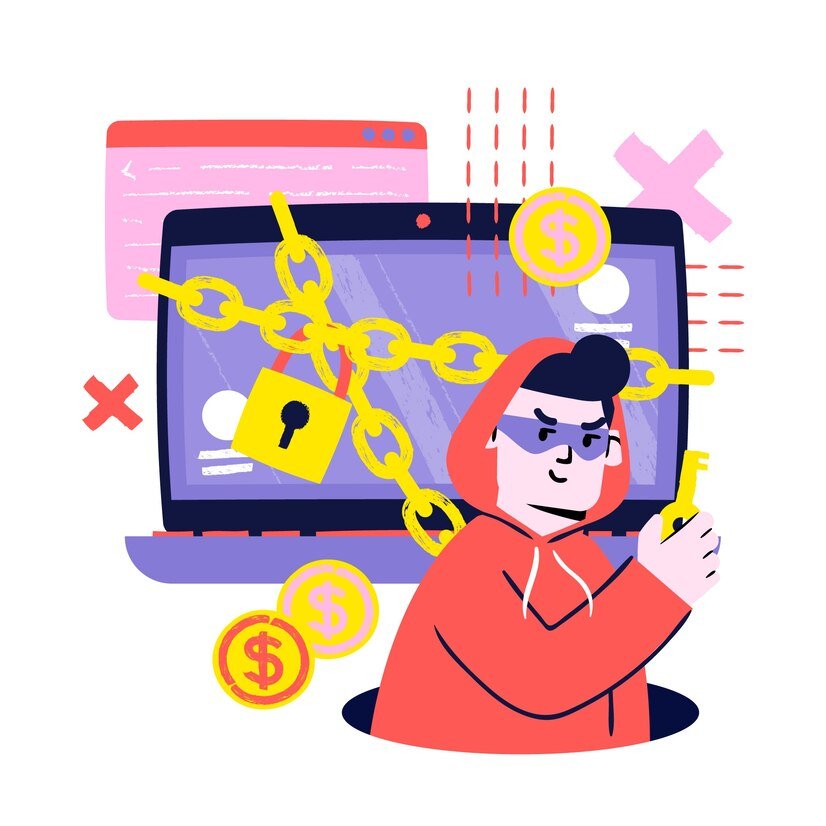Physical Address
304 North Cardinal St.
Dorchester Center, MA 02124
Physical Address
304 North Cardinal St.
Dorchester Center, MA 02124

In the fast-paced world of forex trading, choosing a reliable broker is essential to ensure a secure trading experience. However, with the rise of scam brokers, traders must be cautious. While professional reviews and regulatory databases are great resources, online forums offer a unique, user-generated space for traders to share experiences, opinions, and warnings about brokers. This blog will guide you on how to effectively use online forums to identify scam brokers and protect yourself from potential fraud.
Online trading forums are communities where traders of all levels share insights, ask questions, and discuss their experiences with brokers. Unlike official reviews, which can sometimes be biased or sponsored, forum discussions are often more candid, offering real-world experiences that can reveal hidden red flags about a broker.
Here’s why forums are valuable tools in identifying scam brokers:
Before diving into how to use forums to identify scam brokers, it’s important to know which forums are trusted and have active communities. Some of the most popular and reputable forex trading forums include:
Now that you know where to look, here’s a step-by-step guide on how to use online forums to identify scam brokers:
Start by searching the name of the broker you’re interested in across various forums. Simply type the broker’s name into the forum’s search bar to find any relevant threads. It’s essential to check multiple forums to get a broader view of the broker’s reputation. A scam broker might manipulate reviews on one platform but may not be able to control all of them.
If you notice multiple users across different forums reporting similar issues—such as withdrawal problems, unexpected fees, or poor customer service—this could be a strong indicator of a scam. A single complaint may not be enough to judge a broker, but consistency in negative feedback is a red flag.
Common complaints to watch for include:
Be cautious of glowing reviews that seem too good to be true. Scam brokers often flood forums with fake positive reviews to cover up genuine complaints. To spot fake reviews:
Forums are interactive, so don’t hesitate to ask questions. If you’re considering a particular broker, create a post asking other traders about their experiences with the broker. Make sure to ask specific questions, such as:
Experienced traders are often willing to share their insights and can alert you to potential issues you might not have considered.
Sometimes, users in forums will discuss how brokers handle disputes. Pay attention to threads where traders discuss how the broker resolved (or failed to resolve) issues. A broker that consistently fails to address complaints or ignores users is a red flag.
In some cases, legitimate brokers monitor forums and respond to complaints or concerns. If you see that a broker has addressed complaints professionally and resolved issues, this can be a good sign of accountability. On the other hand, a complete lack of response to multiple negative reviews could indicate poor customer care or an outright scam.
Many forums have threads where users discuss the regulatory status of brokers. If you find mentions of regulatory warnings, fines, or other legal issues related to the broker, it’s a clear signal to steer clear. Traders may also share links to regulatory bodies where you can verify whether the broker is licensed and regulated.
While forums provide valuable information, you should take additional steps to confirm whether a broker is legitimate:
Online forums are a powerful tool for spotting scam brokers. By searching for feedback, identifying consistent complaints, and engaging with the community, you can gain valuable insights that help protect your investments. While forums shouldn’t be your only resource, they offer a candid, crowd-sourced perspective that can reveal hidden red flags.
Always combine what you learn from forums with regulatory checks and additional research to make an informed decision. Your diligence can save you from falling victim to a scam and help you find a reliable broker that prioritizes your security and success.
4o